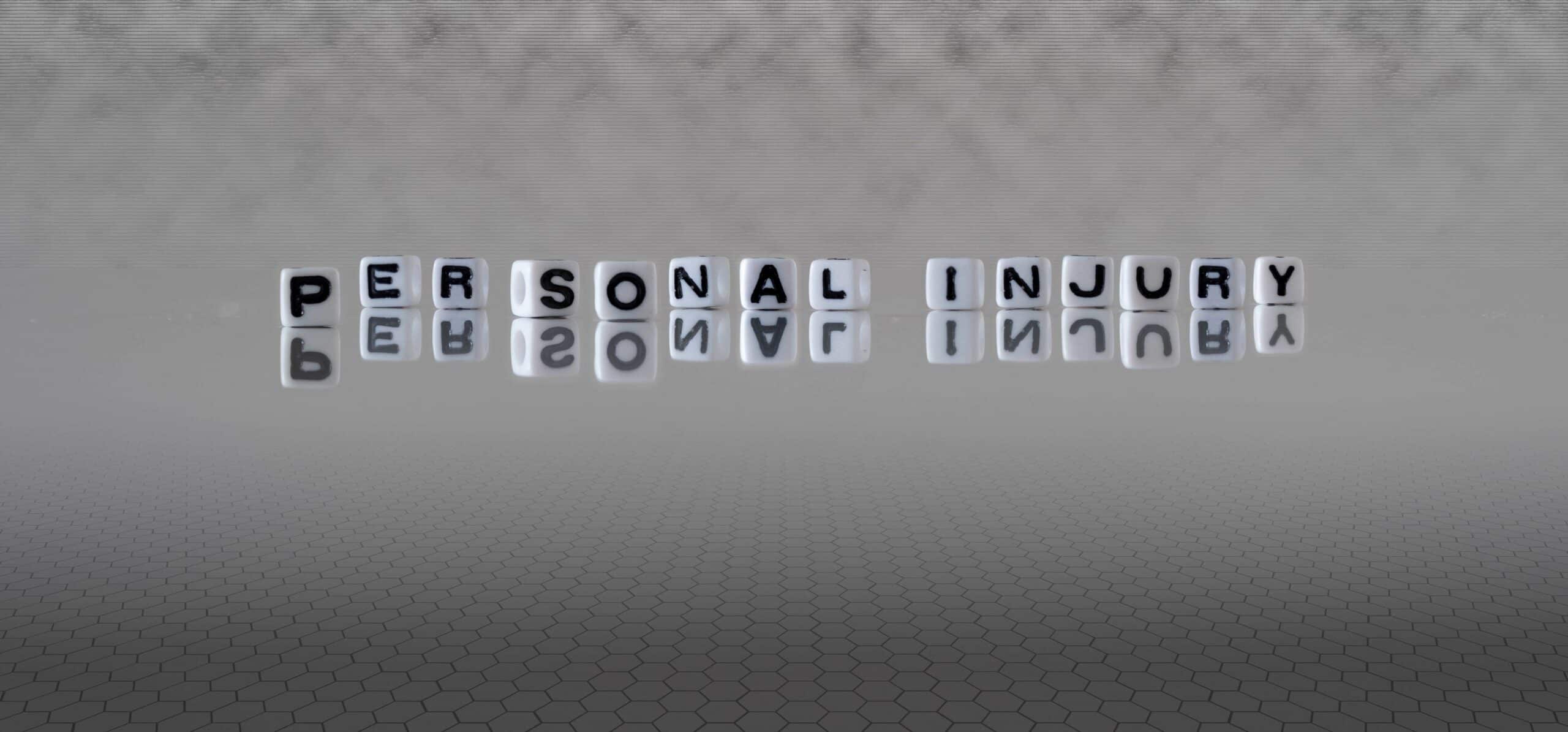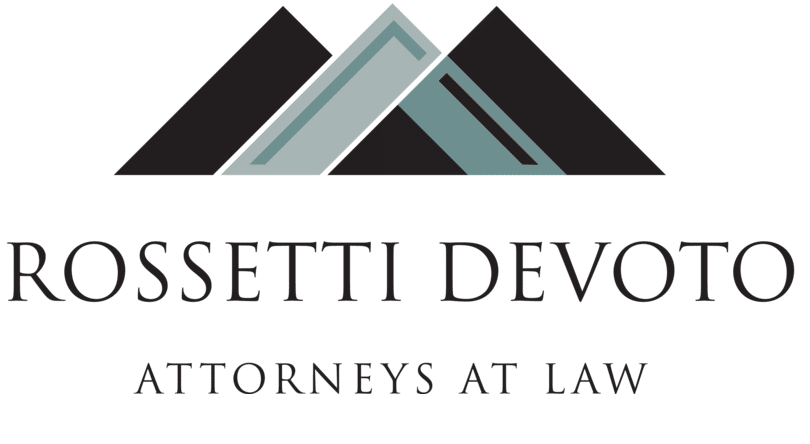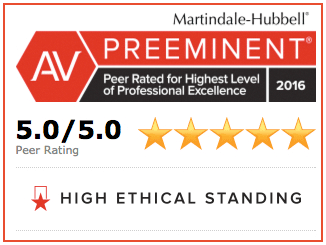Do I Pay Taxes on a Personal Injury Settlement?

If you are injured in an accident due to the negligence or fault of another party, you may receive a personal injury settlement. However, after you won a personal injury claim you might be wondering, are personal injury settlements taxable? The answer depends on the type of damages you receive in settlement and where you reside.
In New Jersey, damages recovered from a lawsuit involving physical injury are not taxable by the Internal Revenue Service (IRS). Meaning, whether you receive a lump sum or structured settlement for pain and suffering (including emotional pain), medical expenses, or lost wages, if they resulted from personal physical injuries, then the payments are not considered taxable income. This is true for all types of personal injury lawsuits, including car accidents, slip and fall accidents, medical malpractice, and so on.
It is essential to speak with an accountant or attorney to determine if your personal injury settlement is taxable. They can help you understand the tax implications of your settlement and what steps you need to take to ensure you comply with the law.
Exceptions to the Rule
There are a few exceptions to this rule. Below are some examples of when you might have to pay taxes on a personal injury settlement:
Punitive Damages
Punitive damages are awarded to a plaintiff as punishment for the defendant’s actions. Punitive damages are not meant to compensate the plaintiff; instead, they are intended to punish the defendant and deter future similar behavior.
Punitive damages are usually taxable income because they are considered a windfall. If you receive punitive damages, you will have to pay taxes on this money.
Emotional Distress Damages
Emotional distress damages are treated differently depending on whether the emotional damages are the byproduct of suffering from physical injuries as opposed to intentional infliction of emotional distress. The former is generally not taxable, the latter is generally taxable. If you receive emotional distress damages, you definitely need to speak to your attorney at the time of settlement to make sure you know whether your award is taxable.
Lost Wages
Lost wages compensation that results from a personal injury settlement are generally not taxable. For example, if you lose wages as a result of an injured back or amputation, then those lost wages are typically not taxed because they arise from physical injuries. However, if you sue your employer for wrongful termination arising out of workplace age discrimination, then any recovered lost wages would be taxable because they would not have resulted from physical injuries or disability. The government looks at these wages as if you were healthy and would have earned and paid tax on them had you not been terminated.
Rossetti, DeVoto, PC: Your Trusted Injury Attorneys in New Jersey
Whether or not you have to pay taxes on a personal injury settlement depends on the state you live in and the type of settlement you receive. For example, if you live in New Jersey, you will not have to pay taxes on a personal injury settlement resulting from physical injuries.
However, this rule has a few exceptions, such as when you receive punitive damages, lost wages from wrongful termination, and damages from intentional infliction of emotional distress. Therefore, it is always best to consult with a tax professional or an attorney to determine if your personal injury settlements are taxable.
In general, though, most personal injury settlements are not subject to taxation. You likely do not have to worry about paying taxes on your personal injury settlement.
If you have been injured in an accident and are considering a personal injury lawsuit, it is important to hire a seasoned personal injury attorney. The attorneys at Rossetti, DeVoto have years of experience handling personal injury cases and can help you understand your legal rights and options. We value the attorney-client relationship and do everything in our power to get you the compensation you deserve.
Call us today at 856-354-0900 or reach out online to set up a free consultation to evaluate your personal injury case. We can help fight for your rights if you have personal injury claims or wrongful death claims.









